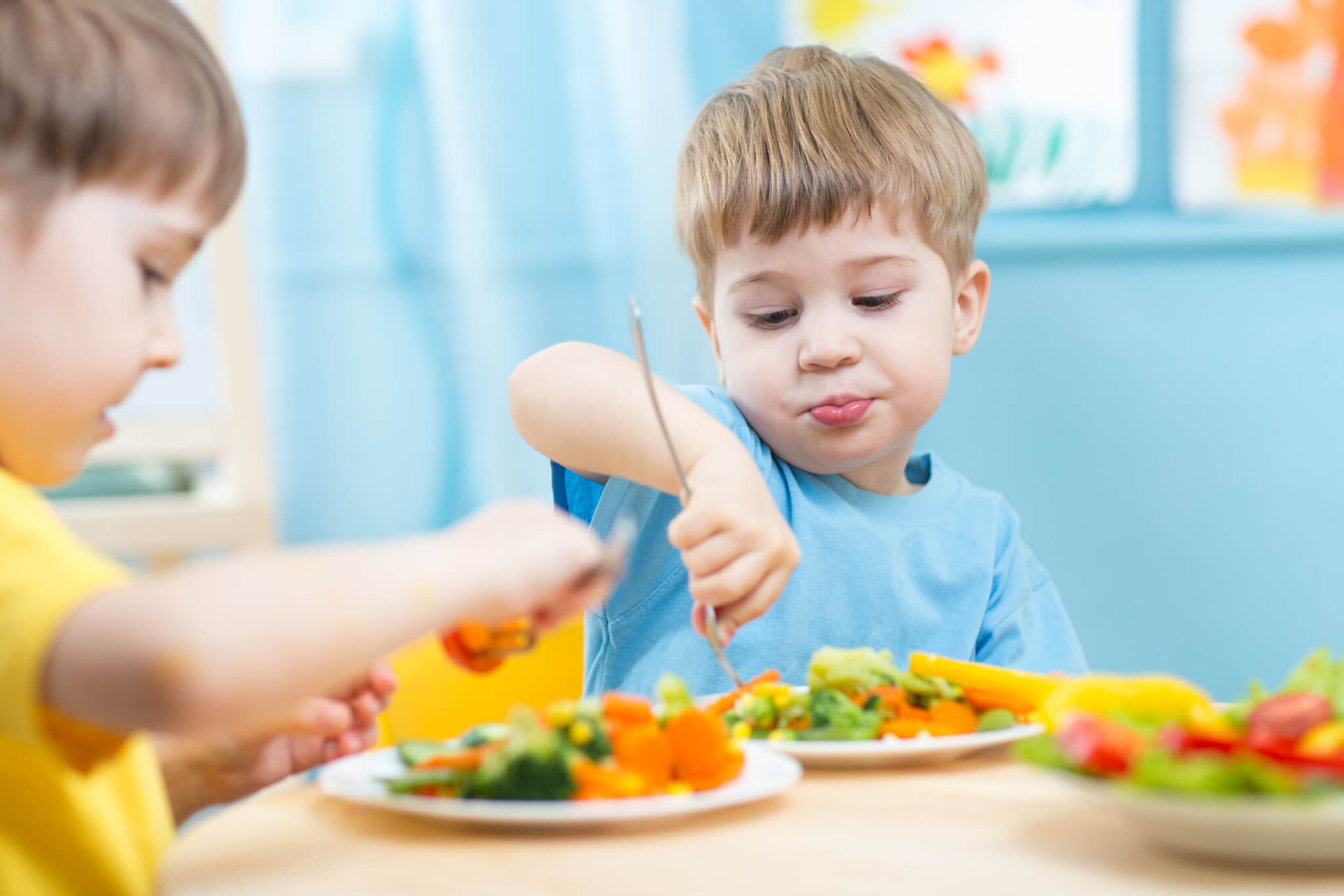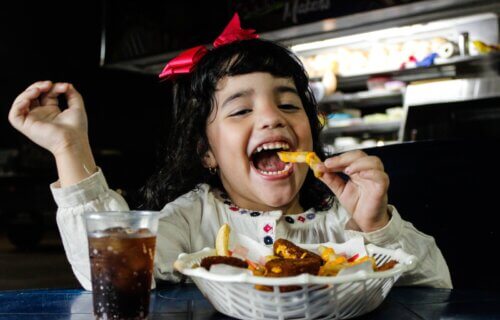BIRMINGHAM, United Kingdom — Any parent will attest that it’s difficult to keep a young child entertained throughout the day, but new research suggests helping kids stave off boredom can also foster a healthier approach to eating. Scientists at Aston University found that kids as young as four tend to eat 79 percent more calories when they’re bored in comparison to a more neutral mood.
Moreover, researchers add that children displaying more emotional temperaments whose parents often used food as a soothing mechanism usually ate five times more calories when bored. This is the first project of its kind to connect children’s emotions and parental feeding habits in this manner, according to the team.
While boredom is very common among kids, no research up until now has investigated how much more children eat while experiencing boredom. On average, this research reveals children who were feeling bored ate 95 kcal when they already felt full, compared to children in a neutral mood condition who ate just 59 kcal. This work was conducted by Dr. Rebecca Stone as part of her PhD, supervised by Professor Claire Farrow and Professor Jackie Blissett from Aston University, and Professor Emma Haycraft from Loughborough University.
Every child’s eating behaviors are shaped by a number of factors; genetics and temperament, just to name a pair, as well as the feeding practices they engage in. Prior studies by the same research team have explored the behaviors that make children more likely to eat when they feel negative emotions. In many cases, when a child deals with negative emotions like sadness or boredom, the adult in the room will turn to food as a way to soothe them. This behavior, technically termed emotional feeding, appears to increase the likelihood of children eating more when they are upset, possibly teaching kids to turn to food when feeling low.
To conduct this research, the study authors asked a group of parents about their familial feeding practices, as well as their child’s temperament. Next, both kids and parents received a meal to eat until they felt full. Then, only the children participated in a series of everyday conditions in which researchers guaged their mood – and one of those conditions was quite boring for the kids. Study authors ultimately discovered that if parents reported using food to soothe their child’s emotions regularly, and that child was highly emotional, the child would eat five times more kilocalories when feeling bored (104 kcal) in comparison to while in a neutral mood (21 kcal).

“If children are eating this many more calories during one instance of boredom induced in a laboratory (a four-minute period), given that boredom is a commonly experienced emotion in children, the potential for excess calorie intake in response to being bored across one day, one week, or one year, is potentially very significant in a food abundant environment,” says Dr. Rebecca Stone in a university release.
Prior projects focusing on what can influence eating behaviors in children have usually been based on surveys – with all negative moods (sadness, anger, anxiety) being grouped together. Boredom, however, is easily identifiable, and generally easily remedied. So, helping parents deal with their kids’ boredom without the use of food appears to be a very easy way of promoting less unhealthy snacking.
Dr. Stone adds that experiencing boredom is actually quite important for kids, as it helps foster the development of one’s sense of self and creativity. So, kids shouldn’t be shielded from boredom at all costs. Instead, researchers recommend kids be taught to deal with boredom without turning to food. This task largely falls on mom and dad, as parents must find ways to divert their child’s attention away from food when feeling bored, or perhaps even restructure their very home food environment in order to make it less likely that children demand food when bored.
“It is commonly assumed that children tend to turn to food when bored and that some children are more likely to do this than others. This is the first study to experimentally test this in the laboratory. Whilst there do appear to be individual differences between children in terms of their eating when bored, it is helpful to know that the feeding practices that adults use around food might shape the likelihood of this happening. Although it is tempting to use food as a tool to comfort children, research suggests that emotional feeding might lead to greater emotional eating in the future. It is important that parents and caregivers are aware that this short-term fix could create future challenges,” Prof. Farrow explains.
Moving forward, the research team is exploring other negative mood states in children in order to develop further advice regarding how parents can effectively manage the many challenges surrounding children’s eating behaviors.
The study is published in the journal Food Quality and Preference.
You might also be interested in:
- Less than 2 servings of almonds can keep hunger at bay, cuts down on overeating
- Over 1 in 5 children have an eating disorder, study reveals
- A Dietitian’s Take: The 4 Best Ways To Crush Sugar Cravings

